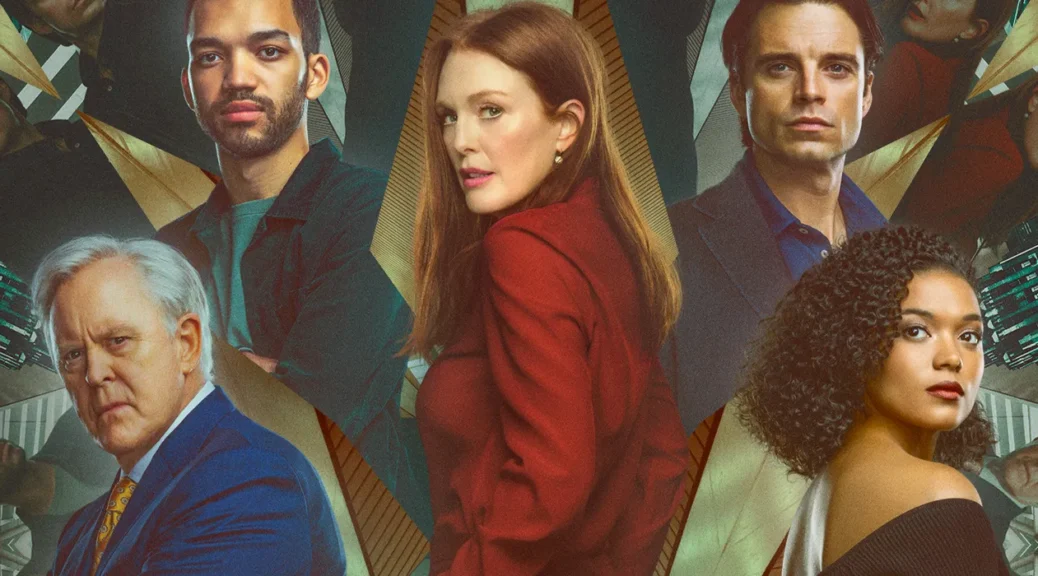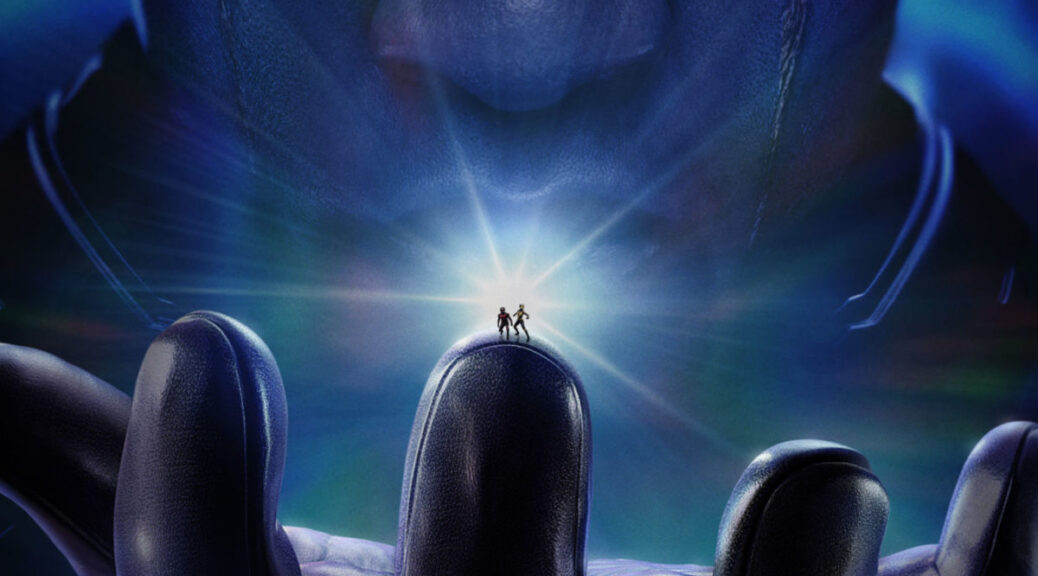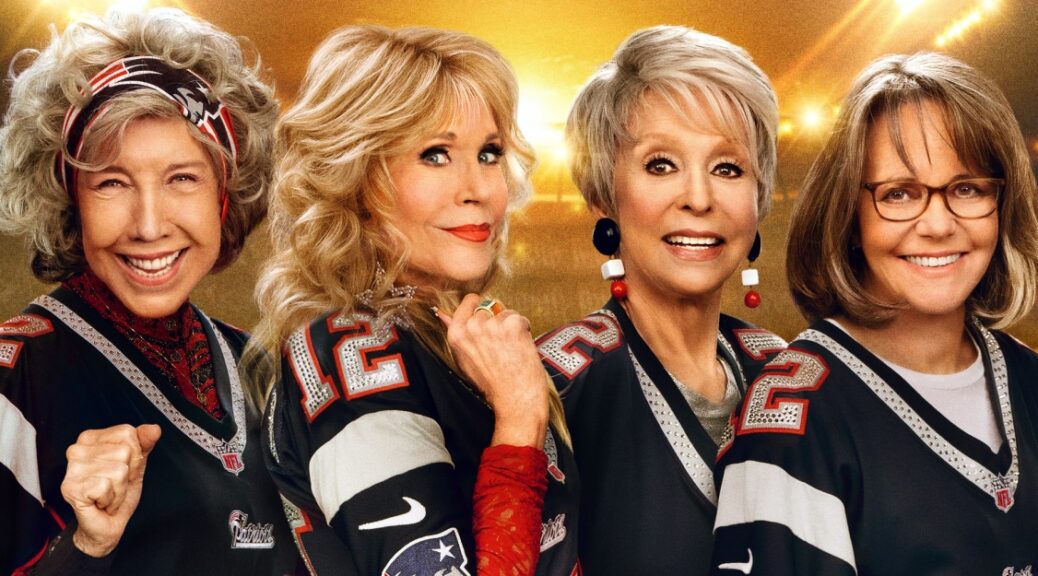Creed III
by George Wolf
Re-igniting the Rocky franchise by way of Apollo Creed’s son was a genius move by writer/director Ryan Coogler and star Michael B. Jordan. Better still, 2015’s Creed was a tremendously effective example of honoring the past while looking toward the future.
Coogler stepped aside for Creed II five years ago, and while that film seemed a bit more calculated, it had the sentiment, heart and conviction to come out a winner. Plus, it gave the Rocky Balboa character a respectful signal that things would be moving on without him, a choice that seems right (well, mostly right) for Creed III.
Jordan again brings the fire in the title role, and also makes a fine debut behind the camera, directing a somewhat wandering script from Keenan Coogler (Ryan’s brother) and Zach Baylin (an Oscar nominee last year for King Richard).
We find Adonis and Bianca (Tessa Thompson, always a treat) Creed now parents of young Amara (Mila Davis-Kent) and transitioning to new professional roles. Bianca’s now more of a music producer than a performer, and “Donny” has similarly retired from the ring to open a gym and manage new heavyweight champ Felix Chavez (Jose Benavidez).
And then Donny’s childhood friend Damien “Dame” Anderson shows up, which means Jonathan Majors shows up. And neither one of them are playin’.
Majors commands the screen with a portrait that recalls Max Cady in Cape Fear. Like DeNiro, Majors makes sure Dame’s early smiles don’t mask the violent intent of his Adonis agenda. A fateful event years earlier put the two young friends on different paths, and Dame has come to take what he feels should have been his all along.
Jordan, Coogler and Baylin wisely realized that after two Creed films built around Rocky bloodlines, it was time to freshen the stakes. And aside from one blatant bit of contrivance, this new feud has roots that feel authentic, thanks in large part to the terrific performances from both Majors and Jordan.
But the film has shaky legs when it strays from the two rivals. Threads about Amara’s interest in fighting and Mary-Anne Creed’s (Phylicia Rashad) health problems seem desperate to find some resonance. And though Rocky’s name is mentioned once or twice, he’s strangely missing from the one moment when it would make the most organic sense to include him, even in passing.
Director Jordan steers the ship gamely, keeping his eye on where these films deliver their emotional highs. It’s the same place his camerawork will impress the most: the ring.
By now, we know the torrid pace of the action, the superhero stamina of the fighters and the stilted commentary from the ringside announcers will be less than authentic. But here, the boxing sequences accept their cinematic pass and soar, elevated by Jordan’s new vision. The camera bobs, weaves, and clinches, with blows landing even harder via slow-motion and one completely stop-the-presses sequence that wows unlike anything seen in the entire Rocky universe.
Nearly fifty years later, who could have imagined that surprise Oscar winner would have such a legacy? But Creed III is more proof that this is Donny’s time to fly now. And Jordan’s.












